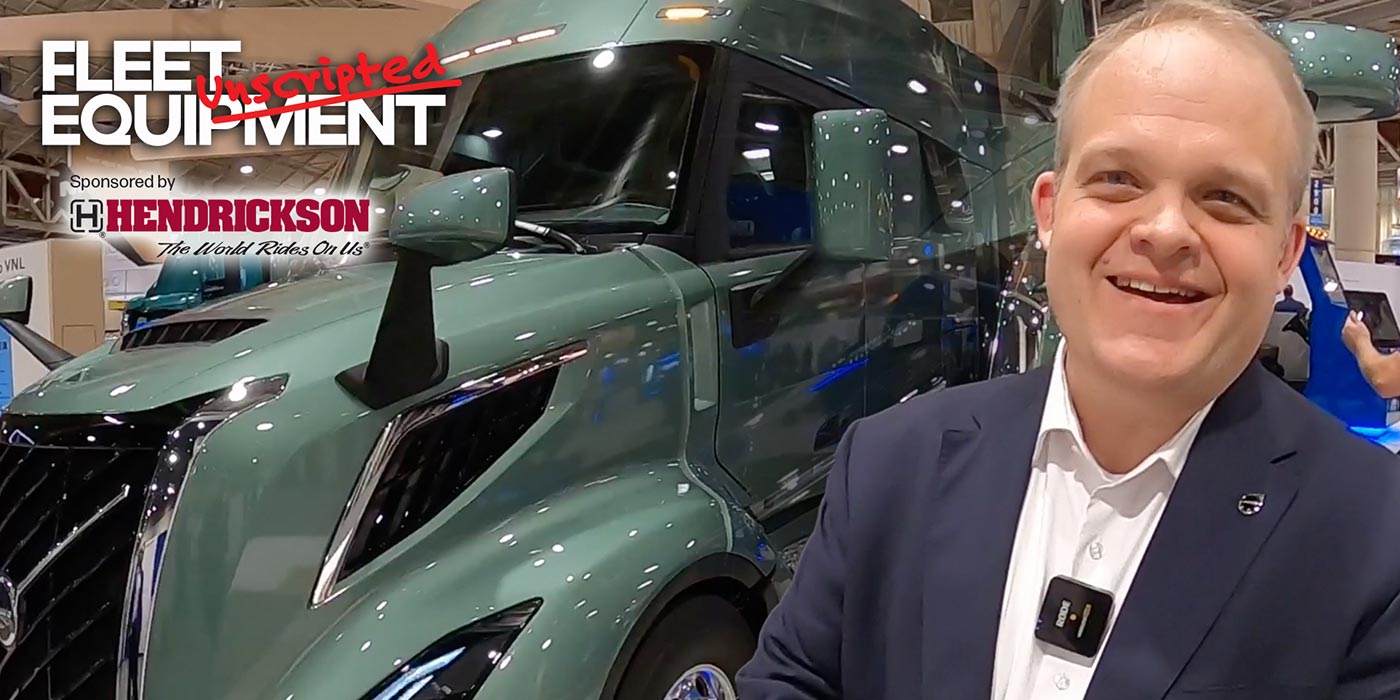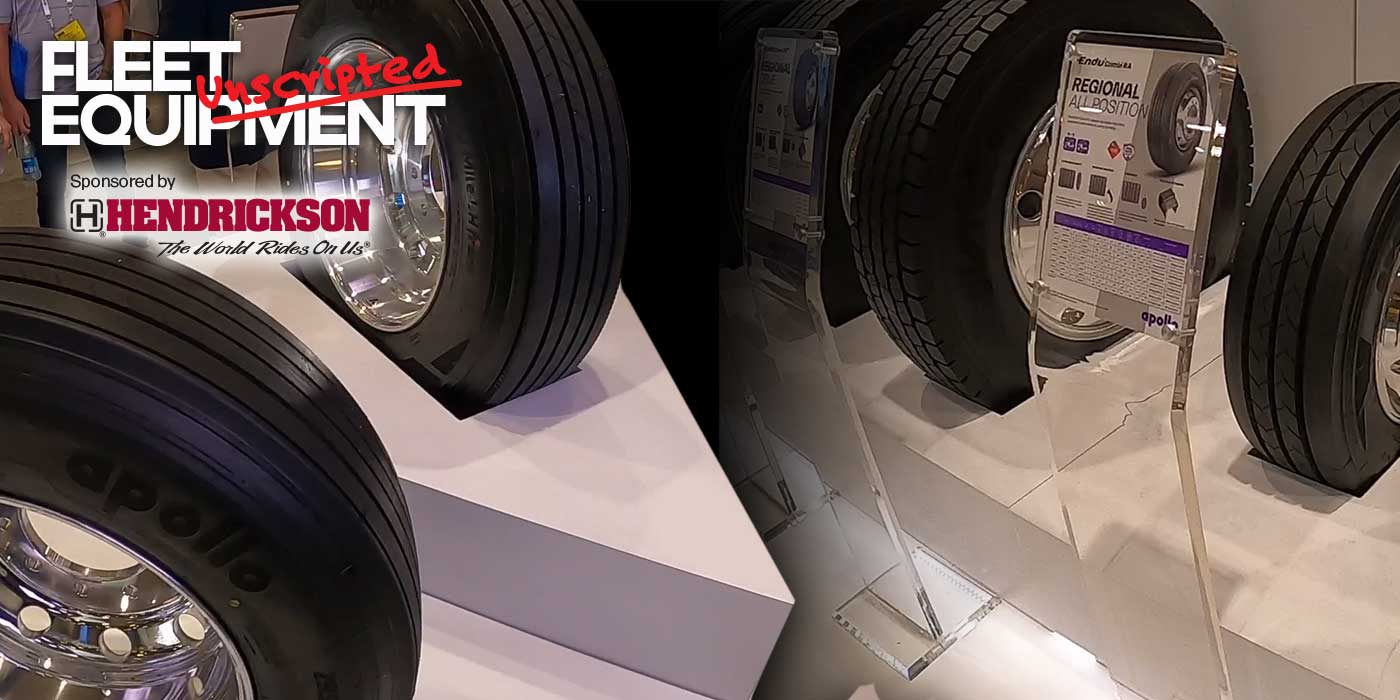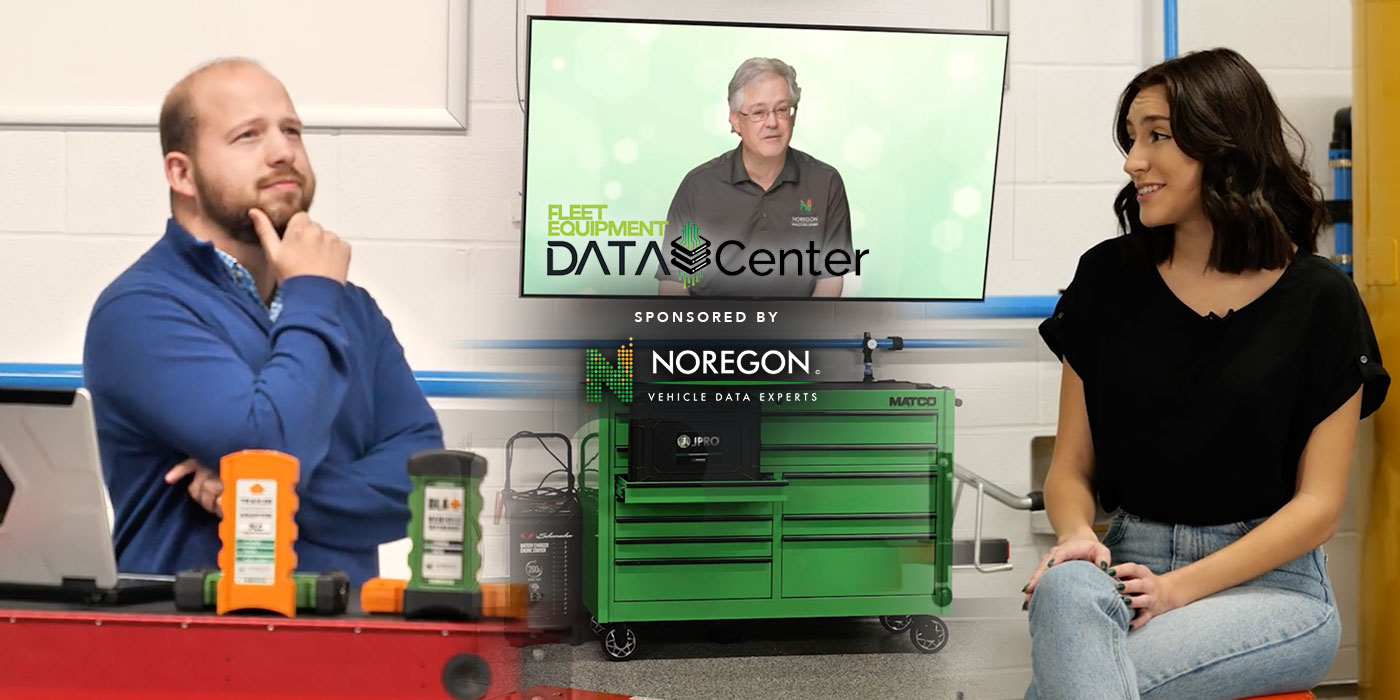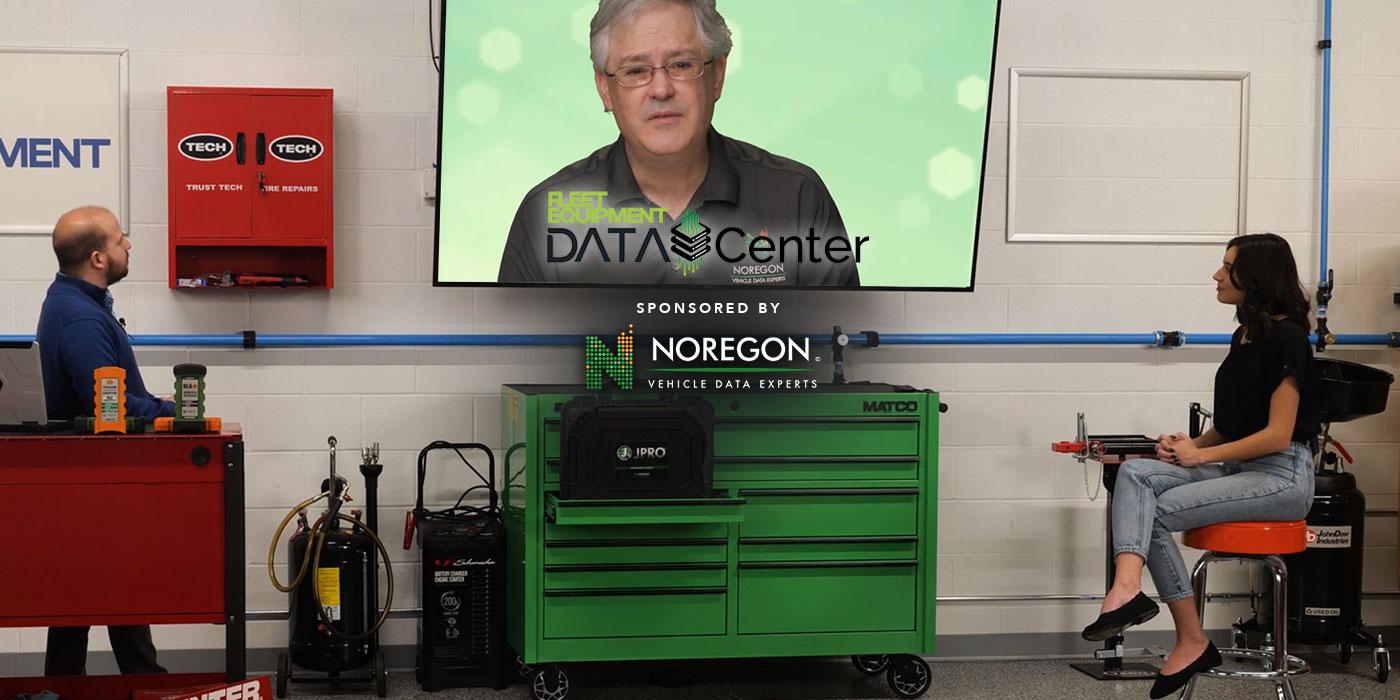We’ve come to a fork in the road and honestly, both options make sense when it comes to where we go from here. So here’s the plan. We’re both going to present our defending arguments, and then you decide. Should we repair or replace?
We’ve had this truck for almost 5 years, it’s got about 450,000 miles on it. When it’s running, it’s great, but when it’s not, we always have a diagnostic mystery on our hands. Nothing seems to keep that check engine light at bay for long.
Identifying the root cause can take some time, but maybe instead of starting from scratch, we could try to repair it again. 450,000 miles is a lot, but with the technology we have these days and a consistent and recurring preventative maintenance schedule, it could go much further. Besides, obtaining a new truck is easier said than done these days.
Considering age, preventive maintenance, miles driven and duty cycles, we still find ourselves kind of stumped between risk and potential. What are some other factors that fleet operators should consider when deciding between repairing and replacing? And what are some best practices for making this decision to optimize overall fleet efficiency and profitability? Let’s turn things over to Noregon. Maybe they can shed some light on what to consider and help us figure this out.
Fleet Equipment’s Data Center is sponsored by Noregon. Subscribe to our newsletter to catch every episode as we’ll be diving into use cases, talking with the data pros and making data usage approachable.













